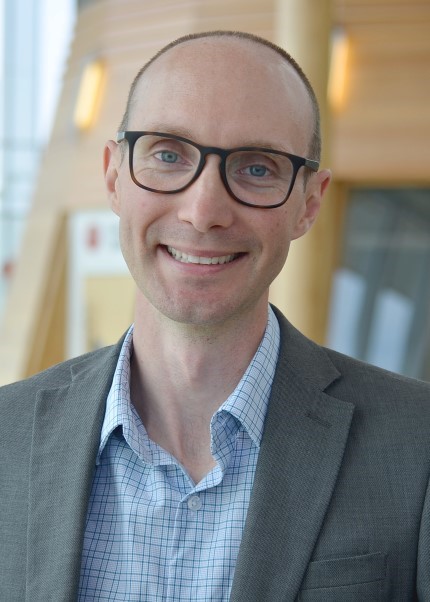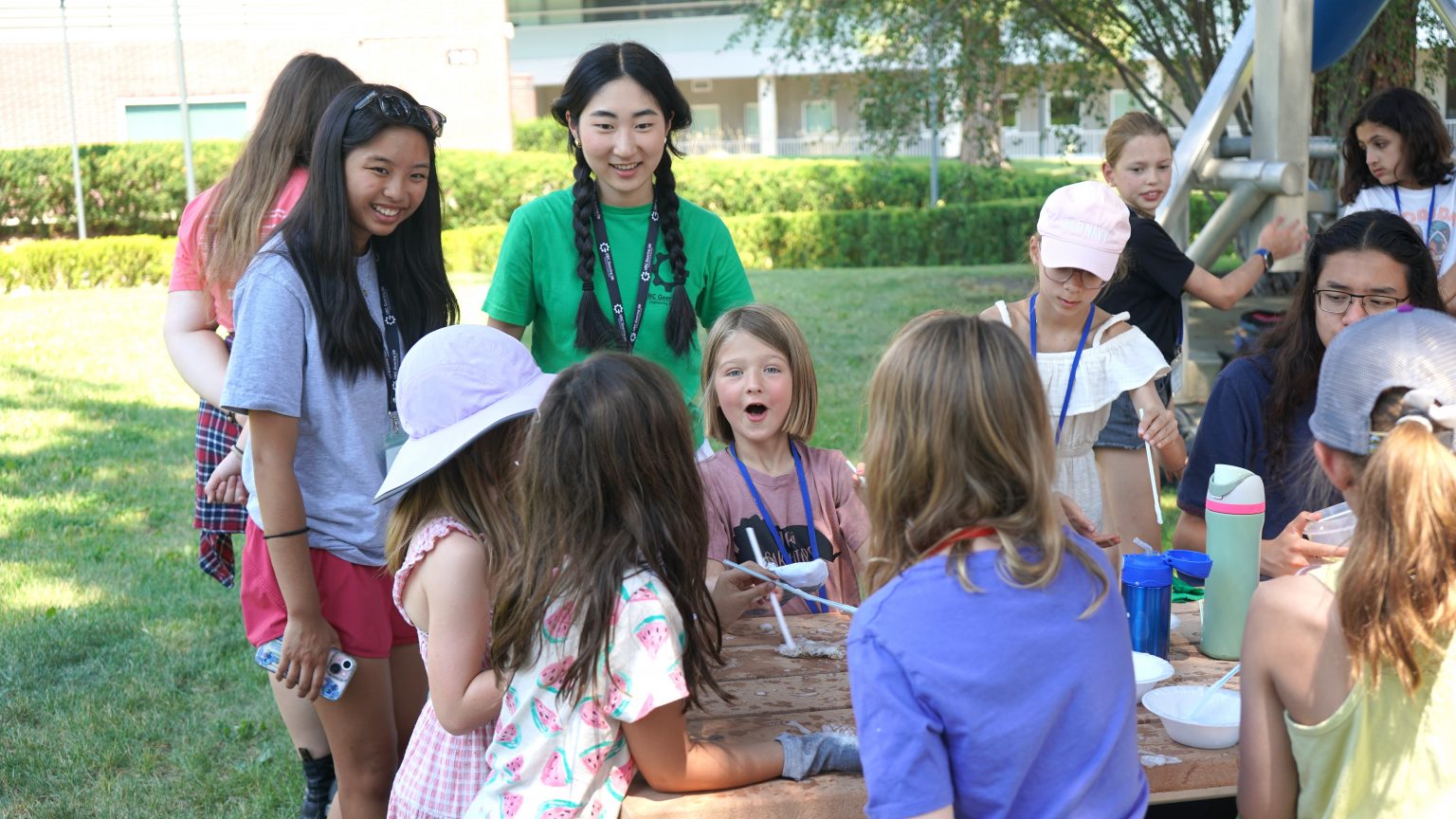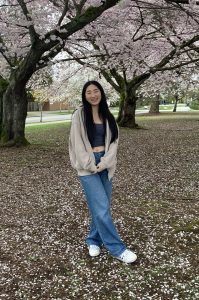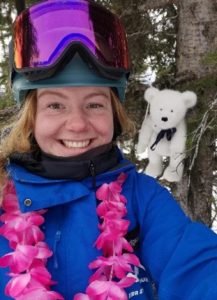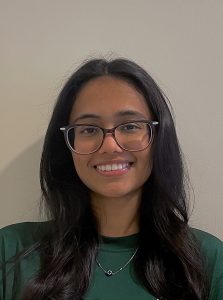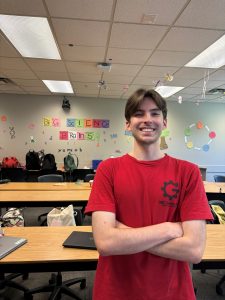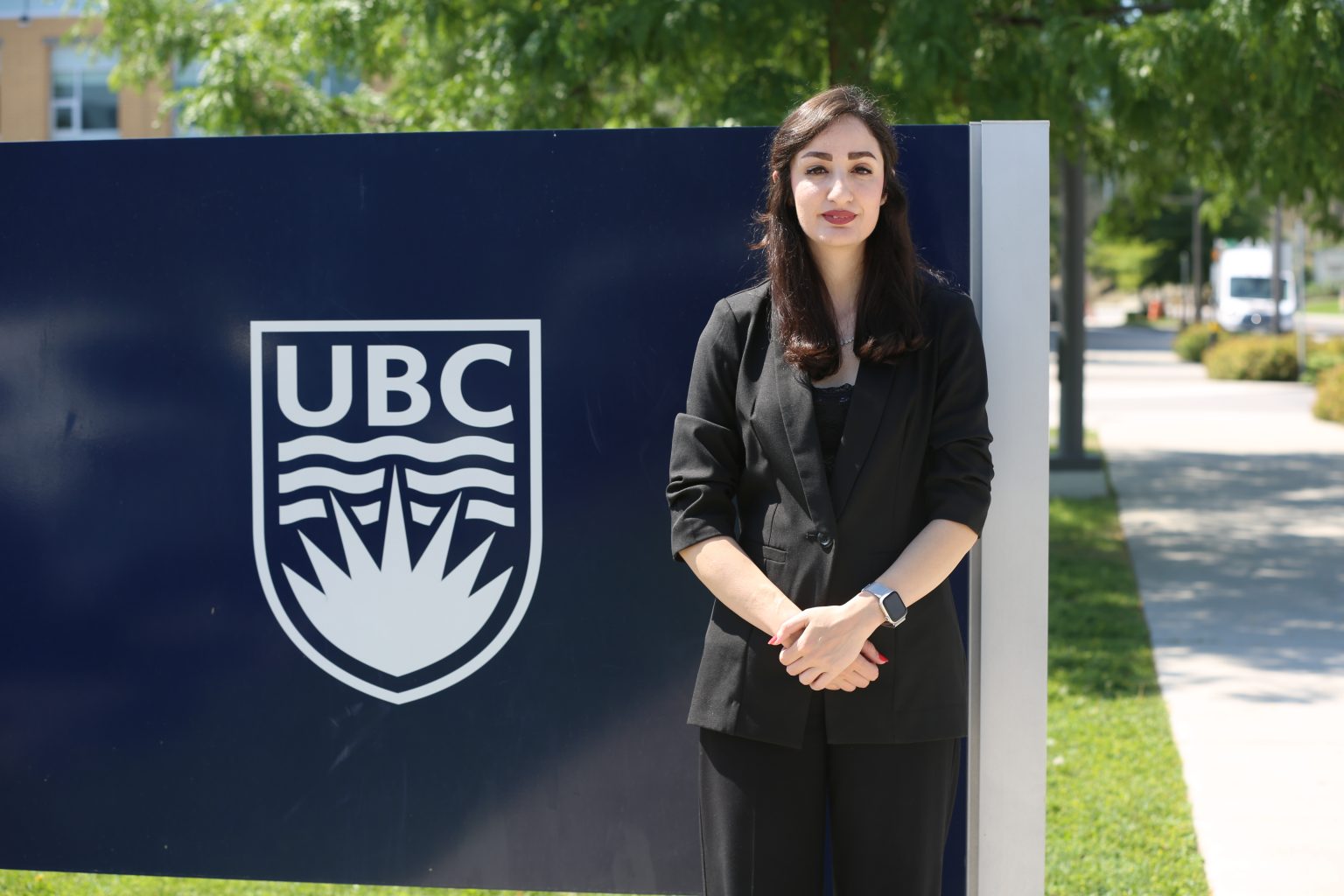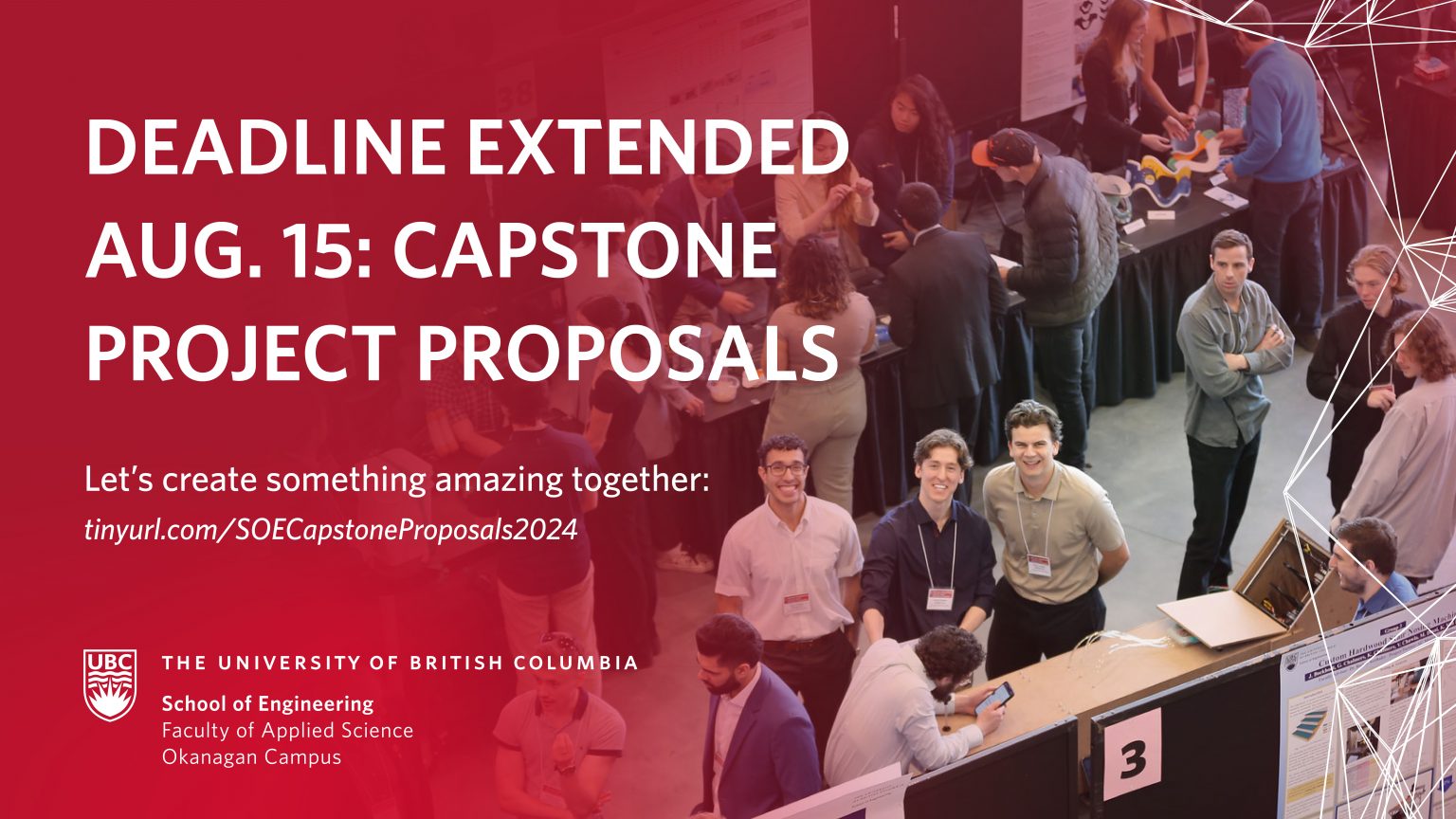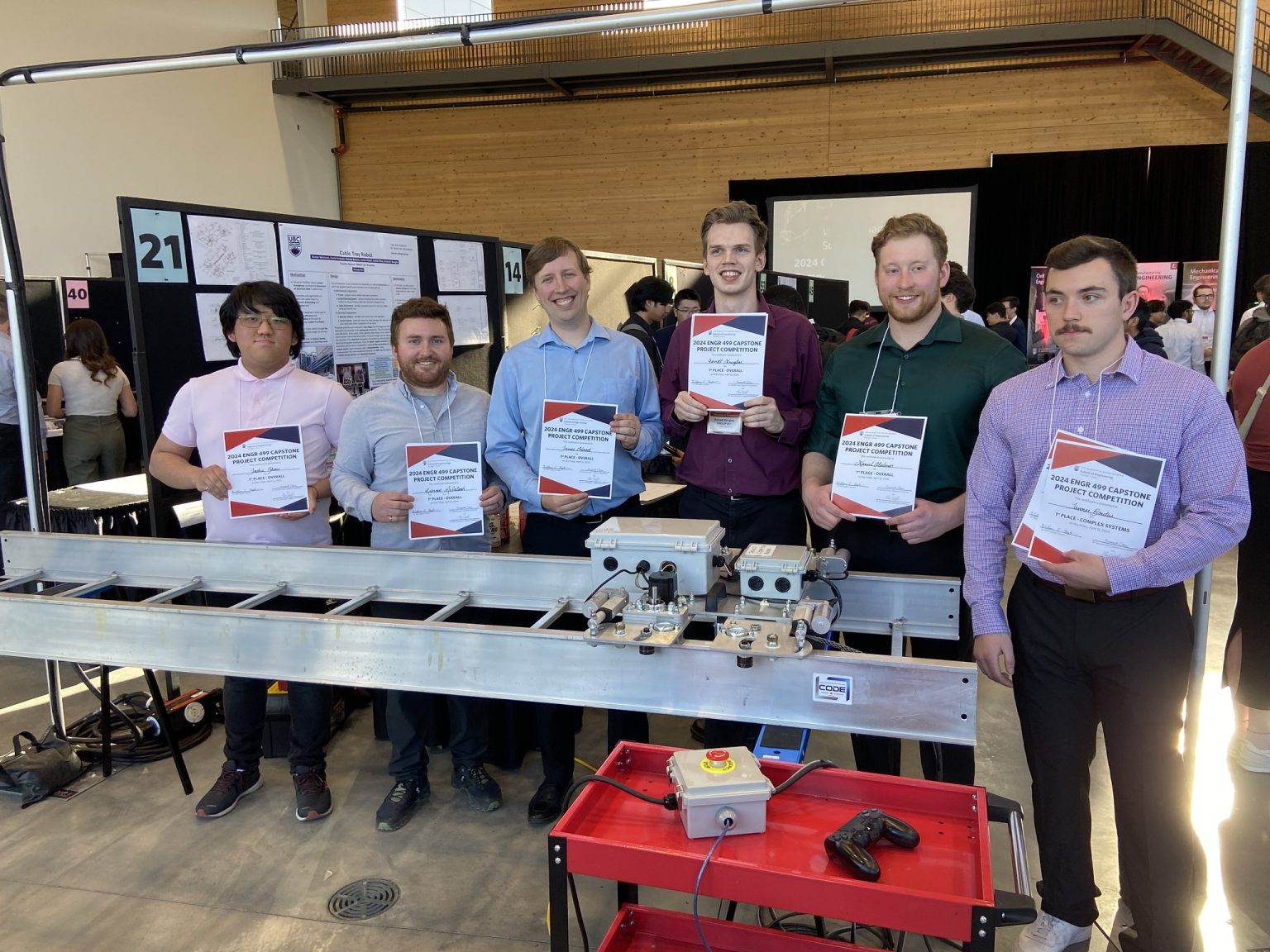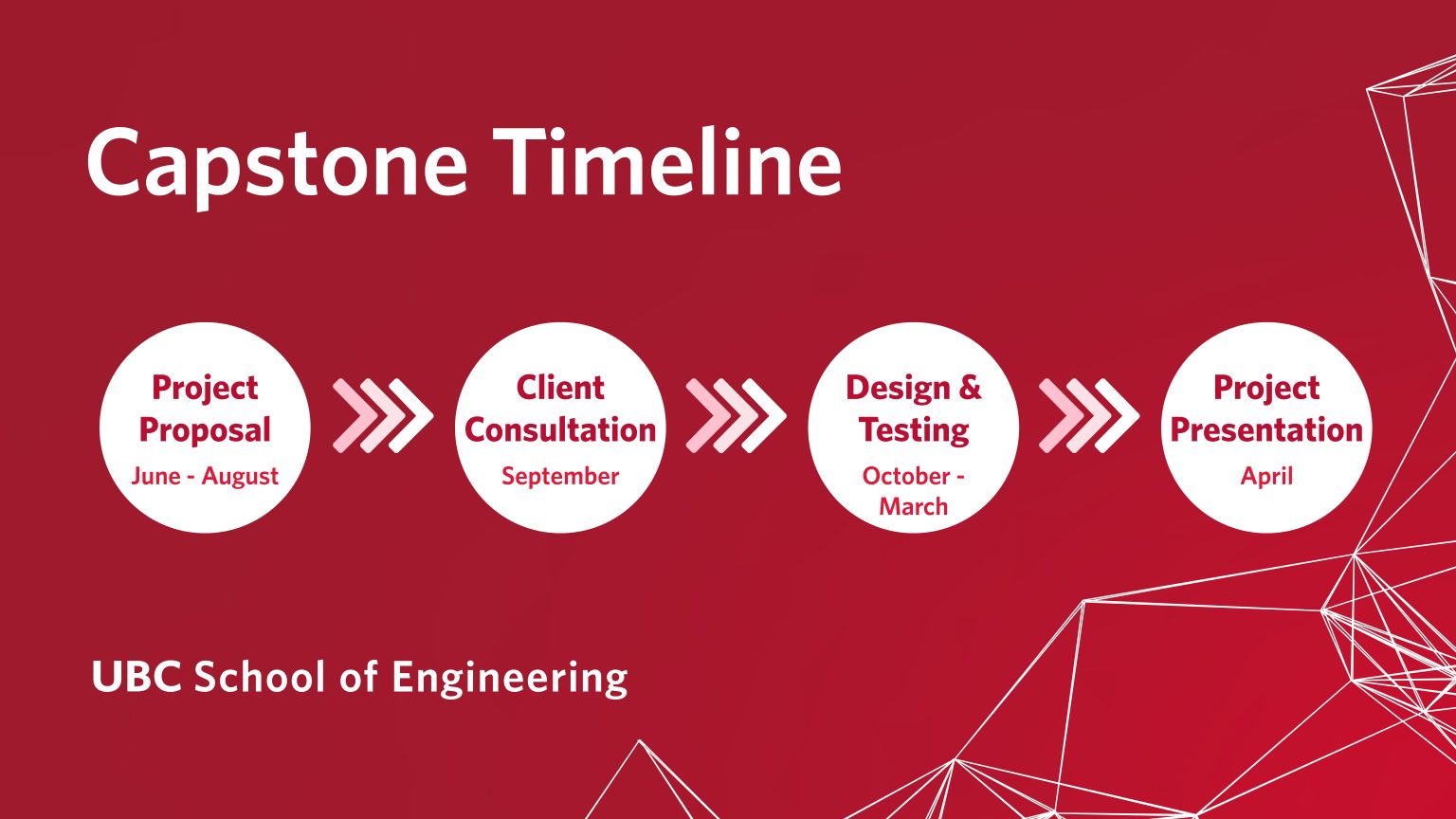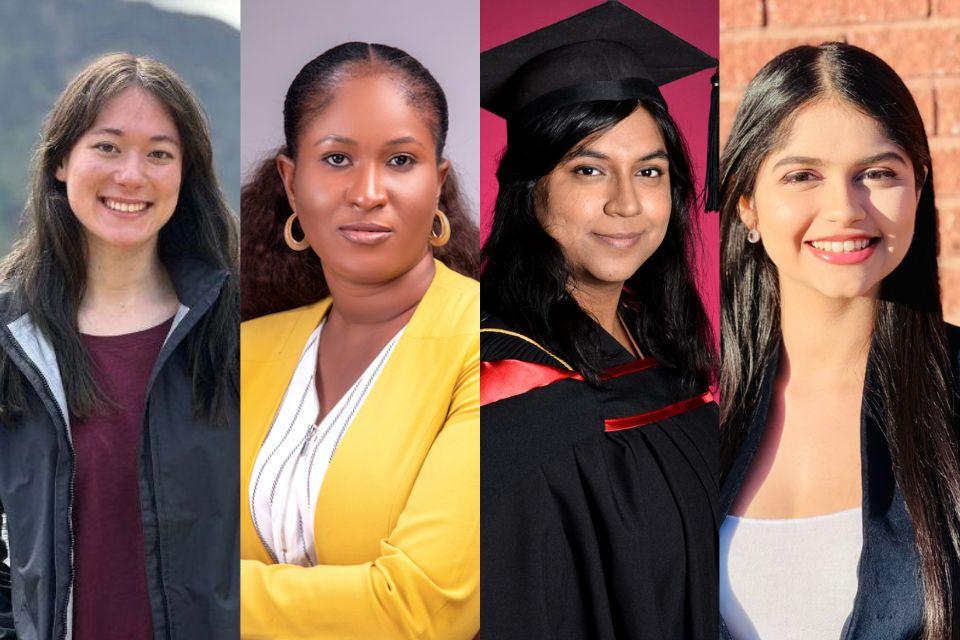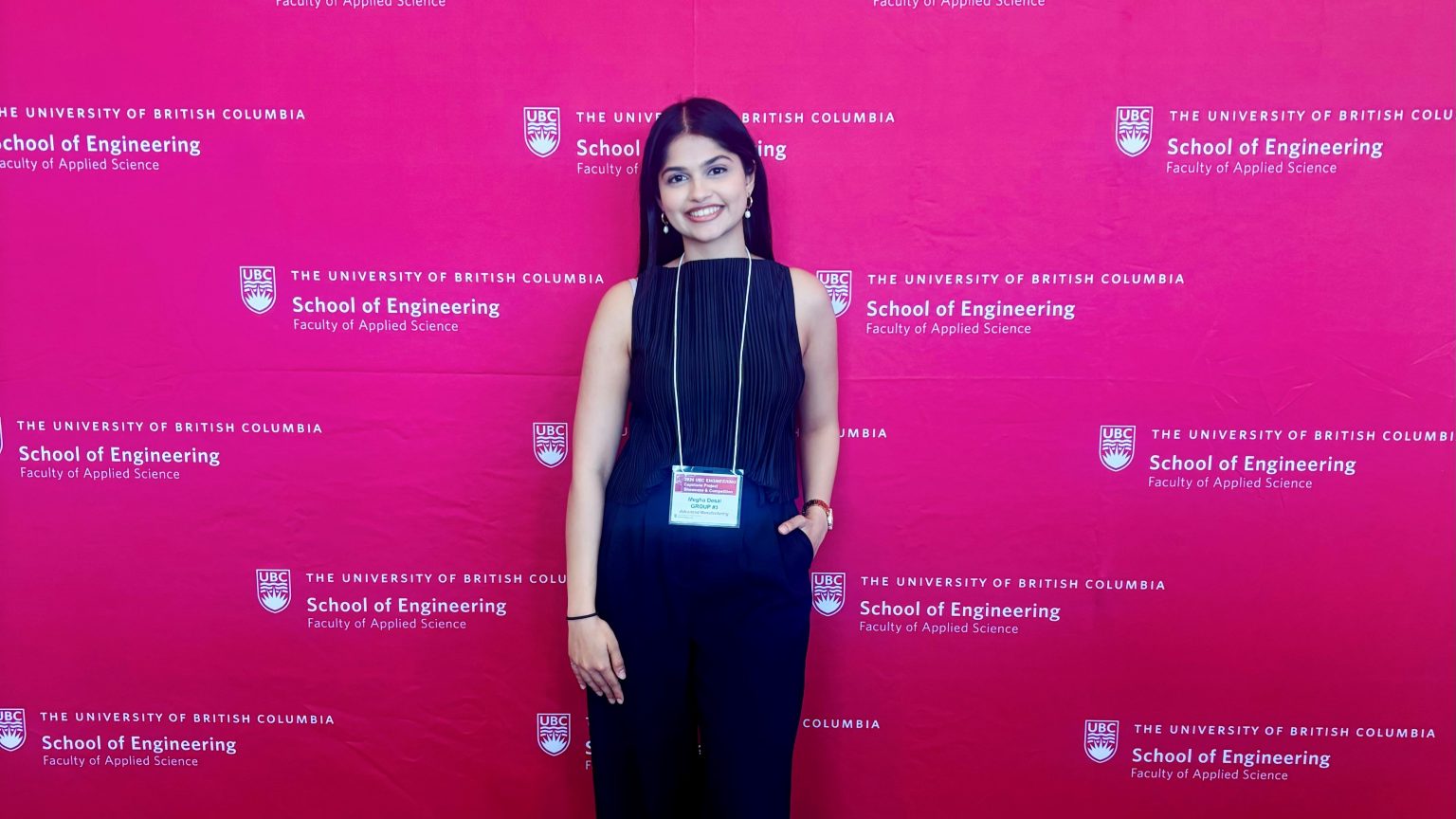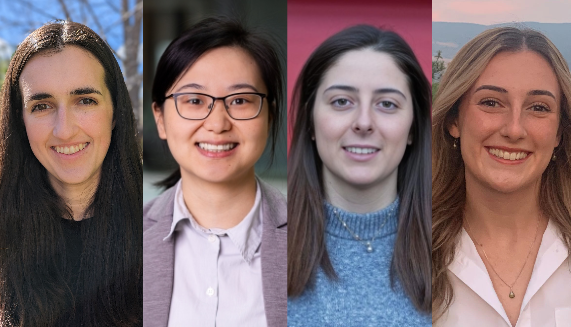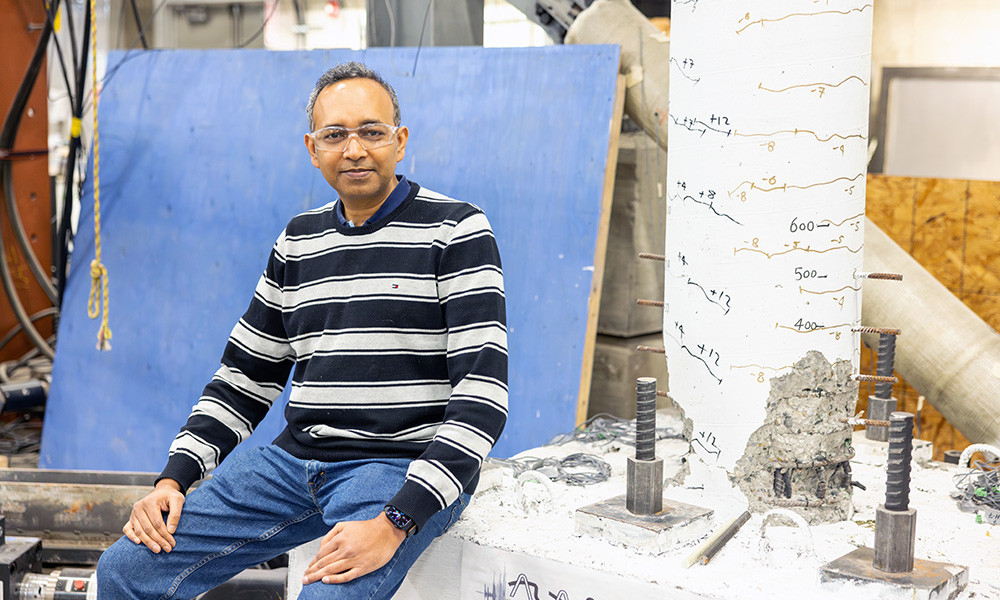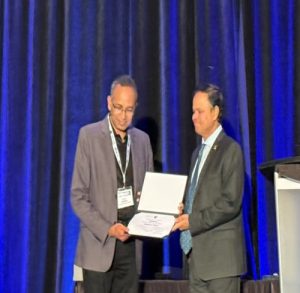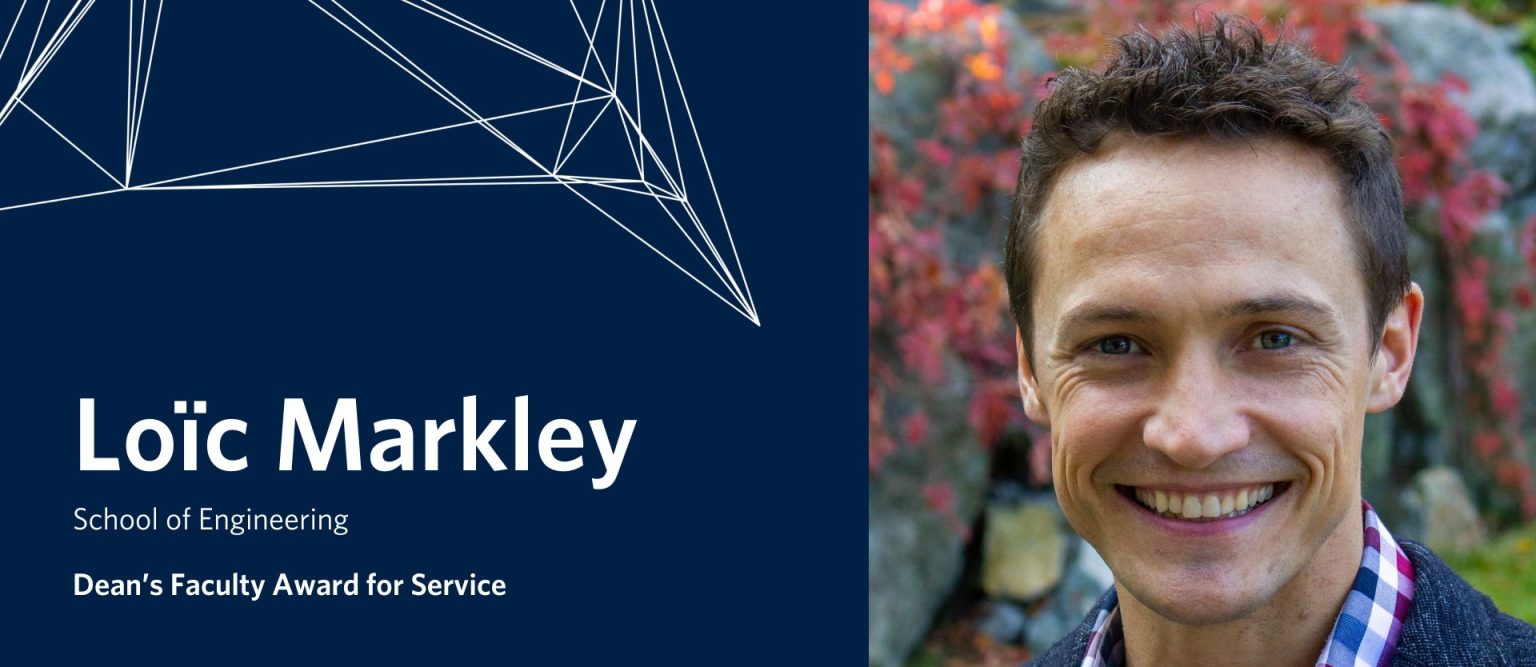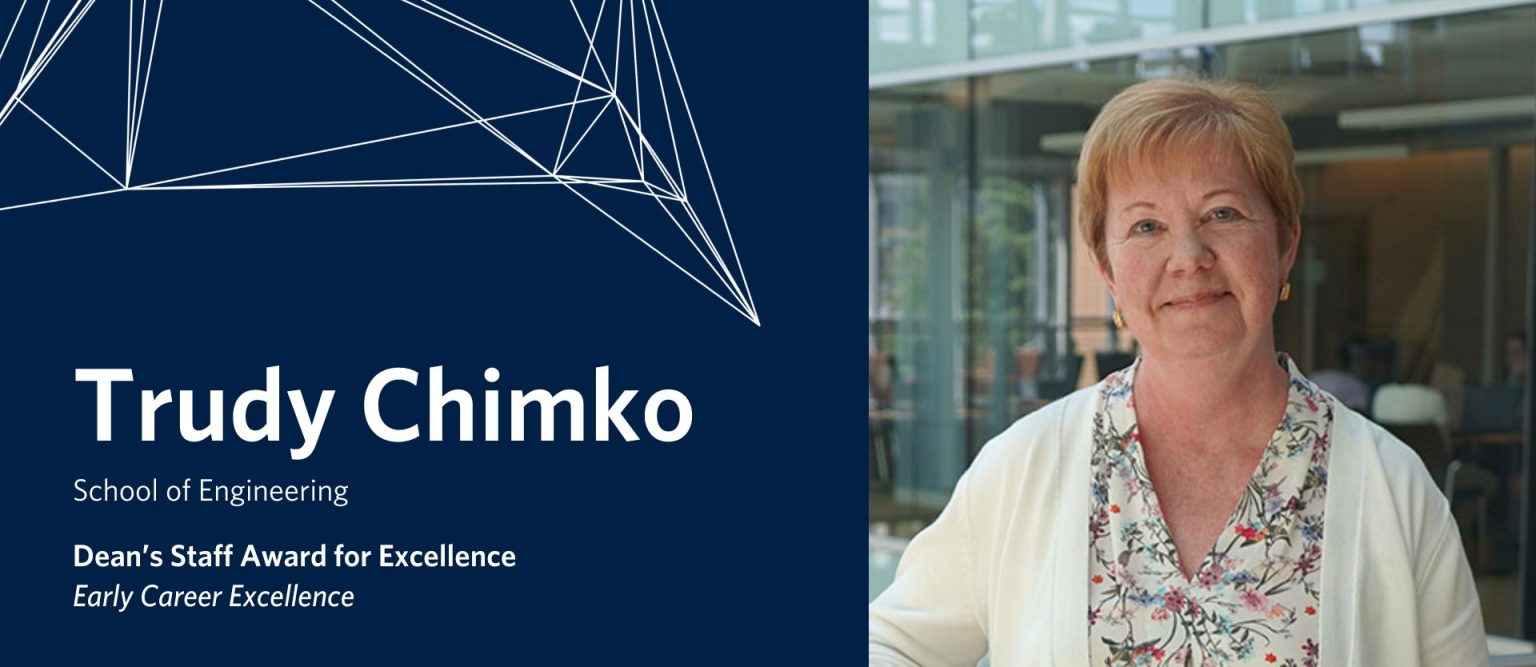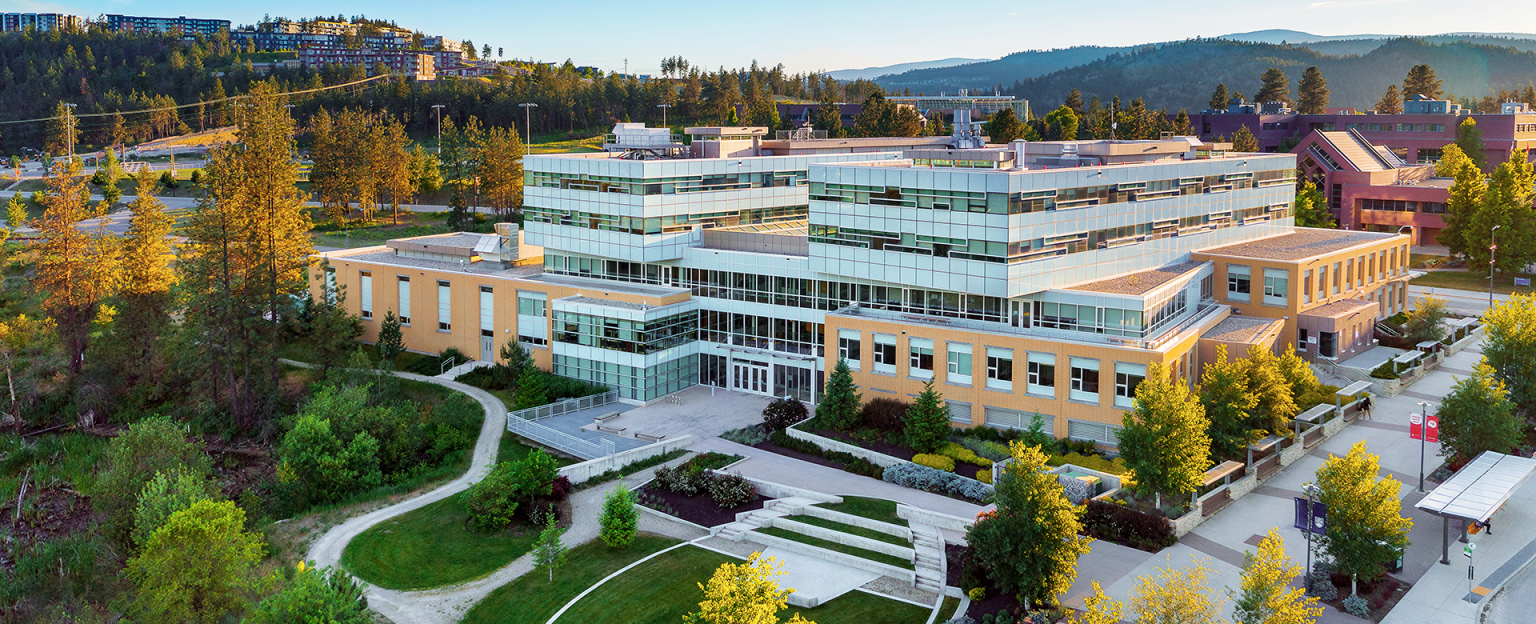Meet Venedict Tamondong, UBC Okanagan Bachelor of Applied Science (BASc) Mechanical Engineering alumnus (2021).
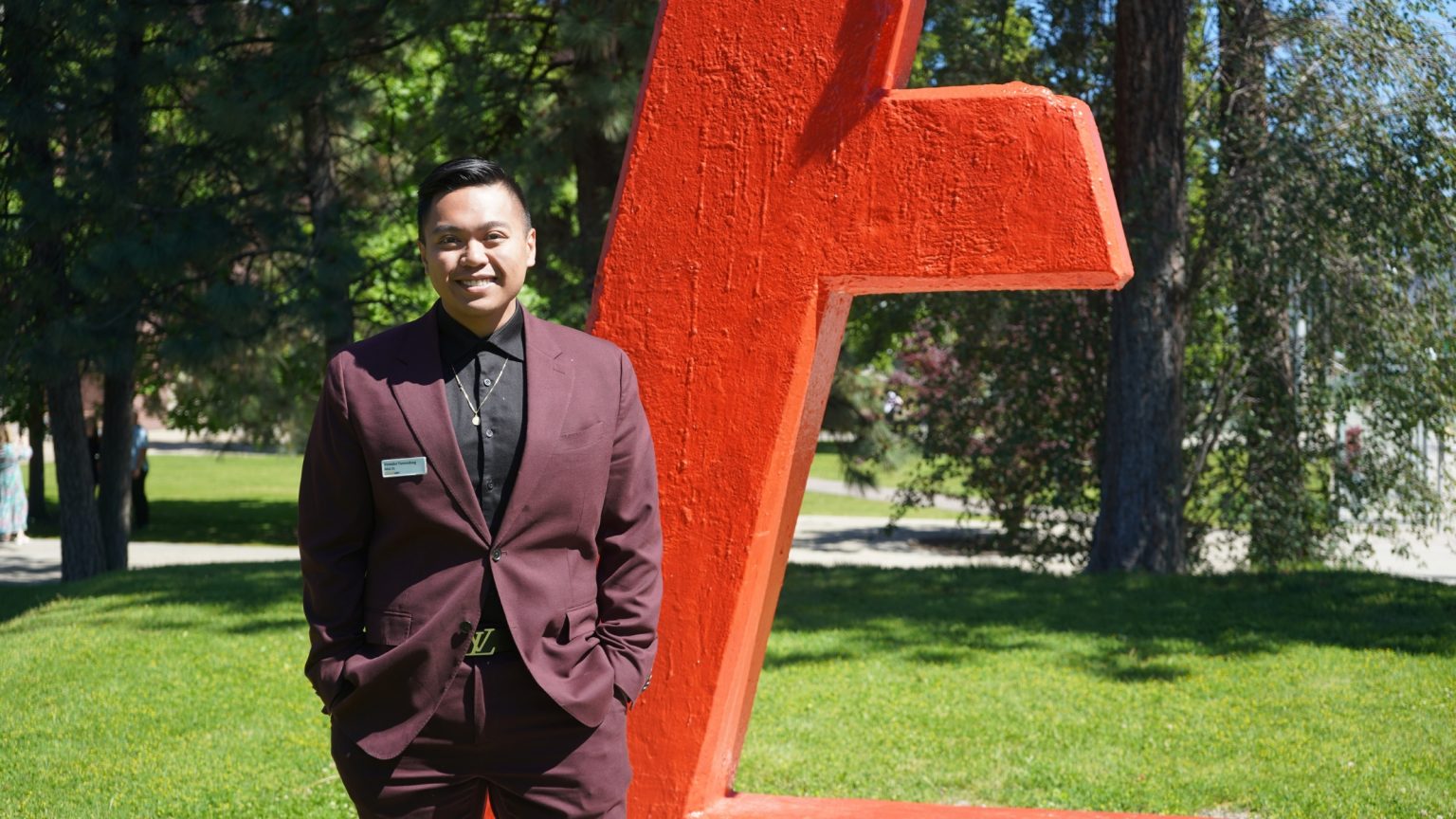
Tell us a bit about yourself
My name is Venedict Tamondong (he/him), and I am a Project Engineer (EIT) with Capital Power out of Edmonton, AB. I graduated with a Bachelor of Applied Science in Mechanical Engineering from UBC’s School of Engineering, and am the 2021 recipient of the Dr. Gordon Springate Sr. Award in Engineering. I also hold a Graduate Diploma in Business Administration from Thompson Rivers University.
Outside of my professional life, I’m an avid world traveler, a sports enthusiast (Go Oilers!), a music aficionado, and holistically, can usually be found exploring new and unique experiences popping up around my city and region.
What drew you to UBC Okanagan and the School of Engineering?
At the time, UBC Okanagan was a place where I could learn and grow in a close-knit, smaller community while learning at a Top 40 institution with a world class educational experience. I appreciated that UBC Okanagan was so close to nature, and that the community was so vibrant to navigate. It’s a much more relaxed lifestyle compared to more metropolitan regions, and allowed for class in the day, and hikes or beaches in the evening (where there was time).
The School of Engineering offered a unique, interdisciplinary experience. The first-year program was more design-oriented, offering several levels of experiential learning blended with a robust specialization program. I appreciated that this more general base would allow me to specialize in a degree of choice while having a solid background in other disciplines.
What were some of your fondest memories of your time at UBCO?
I always share stories about my very first few days on campus. I’ll never forget being incredibly nervous, having moved away from home just a few days earlier, and having no sense of self yet. It’s quite a stark contrast to what would come during Create Orientation; I arrived at the Applied Science muster point on the field and was immediately swarmed by upper year students, decked out in red face paint, tricked-out in T-Shirts with Engineering E’s and paw prints, cheering me on to get to know my fellow classmates. The sense of pride for being a member of the Engineering entry class of 2016 was so strong – Orientation Leaders were so proud to be a part of the School of Engineering and you could feel how excited they were to see new first years arrive on campus.
As a first year student, the first thing that came across my mind was a sense of belonging.
I was now part of the most vibrant, enthusiastic – and, honestly, outright wild – community on campus. I think this was the catalyst for my time at UBC and why I chose a path of campus involvement and student leadership.
I eventually found my way through the student leadership circuit and became the 12th President of the Engineering Society at UBC, and further, as Vice President Services for the Canadian Federation of Engineering Students. These experiences are an absolute highlight of my time at UBC – I was able to represent the student body on an extremely tangible level, shape the path forward for our student community, and advocate for a more inclusive, diverse, and sustainable engineering profession to the University community and to national regulators. Having the opportunity to share those experiences and the UBC Okanagan perspective to the greater community is something I’ll never forget.
What about your favourite courses and instructors?
Dr. Sabine Weyand, Dr. Hadi Mohammadi, and Dr. Kenneth Chau are School of Engineering all stars. I always found lecture to be interesting with them and that the course material that they were teaching was engaging. They found ways to make incredibly technical and rigorous course material much more manageable and worked hard to create a positive student experience. I’d also be remise not to mention Dr. Mina Hoorfar, who has since moved on to a different institution – more than a professor, she was a stark advocate for the Student Experience and for mental health in the engineering program, and became a mentor for me through some of my most difficult experiences in my degree. I’m forever thankful for her mentorship and kindness to every engineering student.
On a technical level, some of my favorite technical and design courses were Bioinstrumentation, Electromechanical Devices, and Construction Engineering and Management.
It’s fascinating how my path took me to project management and leadership in clean energy technology – but I also think that when I reflect on my experience, I truly believe there was no trajectory that could have prepared me more for where I am at today.
What did the professional development opportunities mean to you?
Without the professional development opportunities that I was able to participate in, there would simply be no way that I am in the career position that I am in today. It taught me so many professional skills which would turn out to become invaluable and critical to my organization, and underlined the importance of creating a strong network of people which are able to support you and your career objectives. Going to conferences, meeting with industry, and serving the internal student body all created strong communication and interpersonal skills which continue to be critical in a role that requires consistent stakeholder engagement and effective technical communication.
How did your time at UBC prepare you for your future?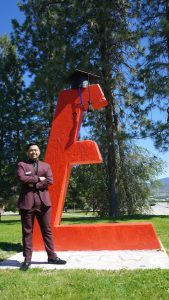
It was clear that my university experience was much more than what I was learning in the classroom. Frankly, in a degree which is classically rigid in what is required to be taught nationally to confirm accreditation, it’s an experience that became critical to defining me as a unique candidate with a lot to offer to industry. I remember the first words from the University President at Kickoff, where he spoke about the meaning of Tuum Est – that it yours, and that it is up to you. Nothing could be truer – the University offers you the opportunity to chart a path that is most interesting and relevant to you. You’re offered the opportunity to take on a leadership role in a technical group, much sooner than you may have expected; you’re also offered the opportunity to take on research roles and chart a path towards innovative technologies. It could mean getting involved with the student union, or non-profit advocacy for the vulnerable sector.
For me, that meant complimenting my degree with extremely valuable experiences in leadership, advocacy, and communication, which translate to becoming an enthusiastic advocate for my organization’s interests when participating in managerial decision making and contractual discussions. I’m able to use the technical knowledge I developed in school, and arm myself with a toolbox of experiences in conflict resolution and effective project management, to help communicate my organization’s interests and assist my project management team in making the best decisions possible for on-budget and on-schedule delivery of our projects.
What are you up to today? What is your current role? What kind of work are you doing?
I’m a Project Engineer (EIT) with Capital Power. I work with our Construction Management division to support the technical delivery of the construction execution phase of Capital Power’s newest and most innovative projects, helping to bring affordable and reliable power to the energy markets that we serve.
Unlike a traditional disciplinary design engineer in a consulting firm, or a project coordinator at a general contractor, I support the technical management of the entire engineering design and construction execution phases of a new project in development within our organization. I oversee the front-end engineering design process and triage technical inquiries to relevant subject matter experts within the organization. I also recommend final technical decisions to the project manager based on what I believe is the project’s best commercial and technical interests after consulting with our subject matter experts. I perform valuations of bids from different project stakeholder scopes to inform the project manager of technical concerns or points of note, assist in maintaining permitting and regulatory requirements associated with the project execution, and ultimately, oversee the entire construction process through contract award, execution, and commissioning, until an energy project is fully commissioned, generating power, and handed over to Operations.
Currently, I am working with two Battery Energy Storage System (BESS) projects being developed in the Greater Toronto Area. BESS is a new and innovative technology promoting a decreased reliance on peaker plants to ensure grid stability. When operating, the projects will immediately assist in providing stability to the Ontario electricity market and create a more reliable grid for the markets that they will serve. The projects will bring an additional 170 MW of capacity to the Ontario region, and we’re just getting ready to put shovels in the ground and start live construction in a few weeks time.
I think that the extremely tangible nature of my role is the most rewarding part of what I do – I know that what I do will absolutely affect the lives of people everywhere, making more affordable electricity, and helping shape a clean energy future. In a very real sense, I get to see land turn from a big open field to a resource being used to power hundreds of thousands of homes.
There is no greater impact I could ask for – I get to use my skills to create a world that is more sustainable and efficient.
What are your future aspirations?
For now, I want to spend time in this role to keep building technical knowledge and become an even stronger Engineer. I’m due to seek professional accreditation in the next year and am eagerly looking forward to starting the process of moving from EIT to P.Eng. status.
I’ll also be starting studies at the University of Ottawa in the fall to earn a Master’s degree in Engineering Management, complimentary to my full-time work. Within the degree, I intend to specialize in advanced project management and data analytics to bring greater efficiency and business intelligence to our construction execution processes. I also know that I want to be in a front-facing role with governmental influence and community engagement at the core, so I see myself wanting to take on a Senior Project Manager or Director of Business Development role in the future.
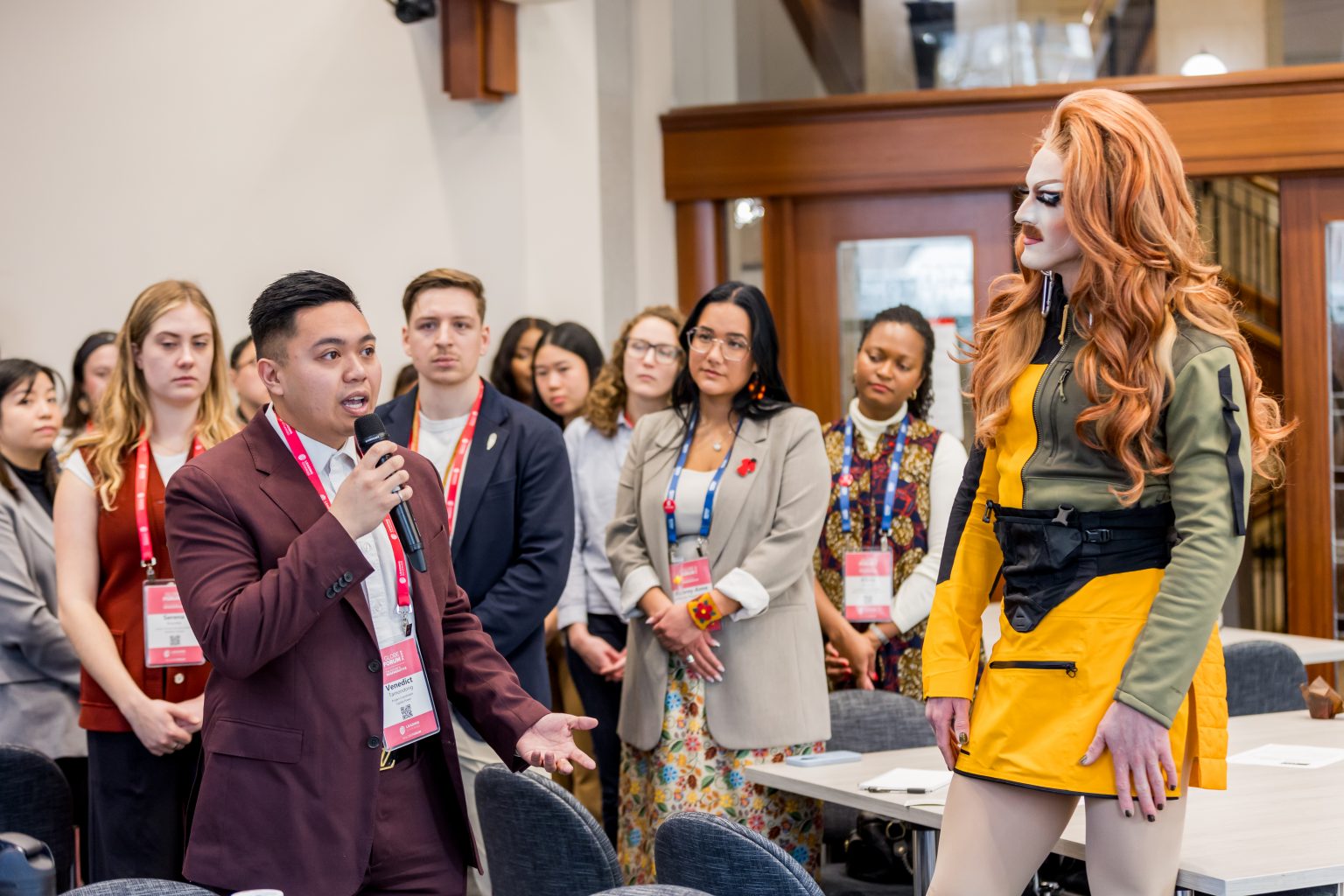
Venedict Tamondong represented Capital Power at the 2024 GLOBE Forum in Vancouver, BC – during an emerging leaders plenary discussed the intersectionality between equity, diversity, and inclusion, climate change, and sustainable development.
What advice do you have for future / current engineering students?
I meet with students all the time in my role and I’m often asked about what makes a student a great candidate for industry, and the answer is simple – it’s what you did to make yourself stand out. You can be an A+ student in your classes, and spend all of your time in the books; but by doing so, you are neglecting all of the experience your university begs to offer you. Take advantage of your time as a student and let yourself explore things that you never thought you’d be interested in. The truth is that once you are sitting in front of a hiring manager and making the case for why you should be selected over someone else, its your experiences that will guide you and your passions that will make a hiring manager compelled to learn more about you. Every engineer has done some form of a design project, or technical elective – but it’s your drive and your passions, and the things that make you human, that will ultimately earn you that seat at the table.
For future students, my advice to you is simple – take every moment to learn more about yourself and your passions. There’s no need to know exactly which discipline you want to be in when you join the engineering program, nor is there any rush for you to think about who you’re going to be after your degree.
It is entirely okay to try something and not like it – because now, you know what you don’t like, and what you need to do to make yourself successful.
I also want to share an important piece of advice I learned from a dear mentor – let yourself have that me-time; that time in the day for you to do the things you love outside of your professional degree. Maybe that’s volleyball, or dance, or even a board game or two with friends. An engineering degree is academically rigorous and the schedule can be conducive to becoming your whole world – your mental health should be a priority and you should prioritize yourself and give yourself the time to be you. When you fail, reflect, and pick yourself right back up and keep going. Resilience is key to success, and you will come out a better engineer because of it.
Anything else you’d like to share about your Alumni story?
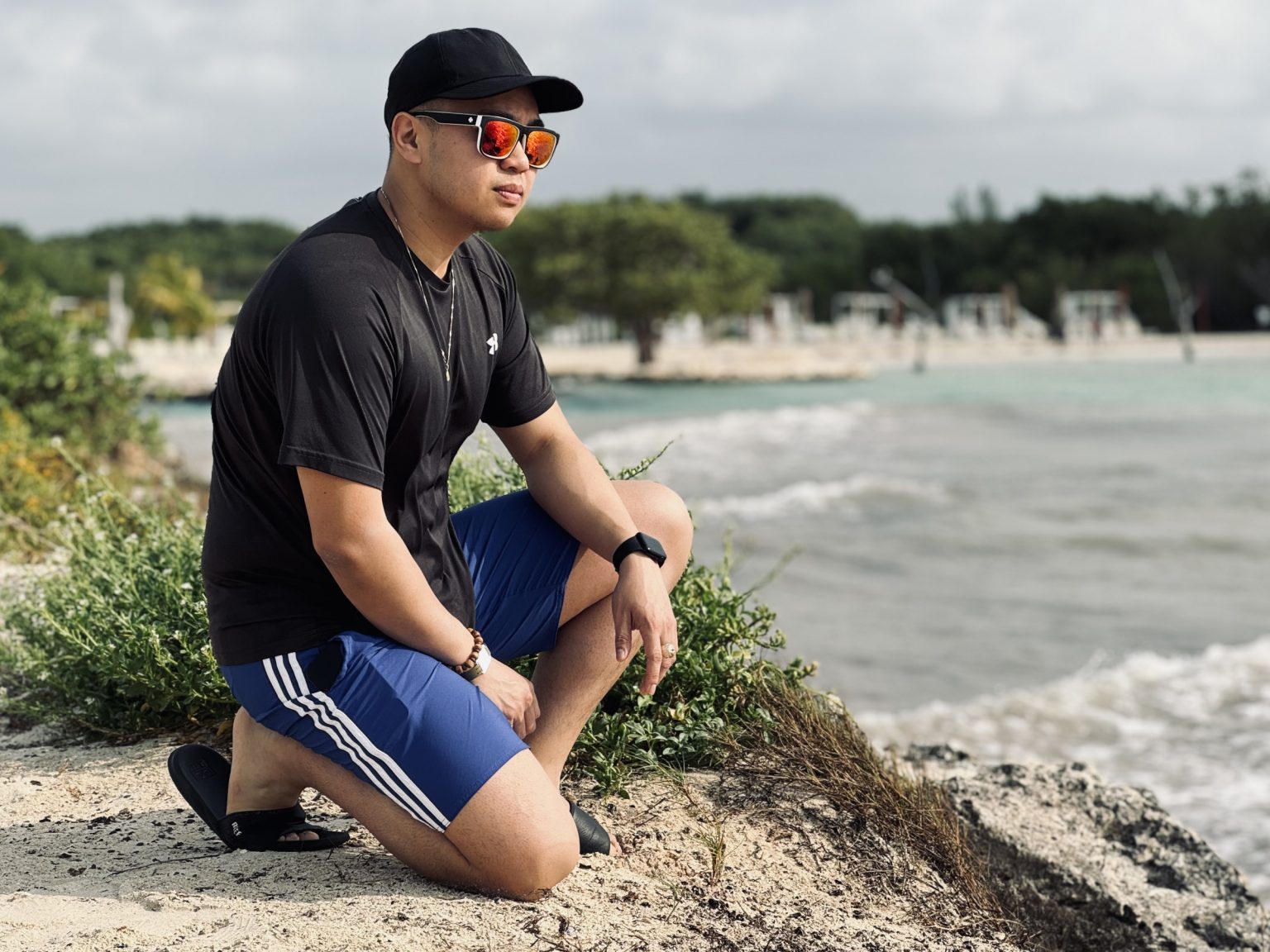
Venedict exploring the Riviera Maya.
It’s often thought that an Engineering degree is one meant only for people who are academically strong in math and physics, who care about only crunching numbers and nothing else. It perpetuates a stereotype that engineers are antisocial, and would rather be heads down in an engineering drawing and move on with their day. The truth is that Engineering is a world of project managers, consultants, construction professionals and outreach leaders. It can be a place where you are able to be as creative as you would like, armed by your technical design skills. There is some reason to be conventional, but more reason to stand out. I’m a prime example of that.
I would never define myself as a conventional engineer. I believe that the path to becoming a Professional Engineer involves passionate people who want to use their design skills to motivate real and tangible change. Truly, the world needs more empathetic engineers who care about our people and our planet, and needs a diversity in worldviews, perspectives, ethnic backgrounds and cultural differences. For some, an Engineering degree is a launching pad for them to educate; and for others, an Engineering degree is the stepping stone to becoming a corporate leader. There is no clearly defined answer to this equation, so let yourself define the parameters, and you might just create a career that was only meant for you.
